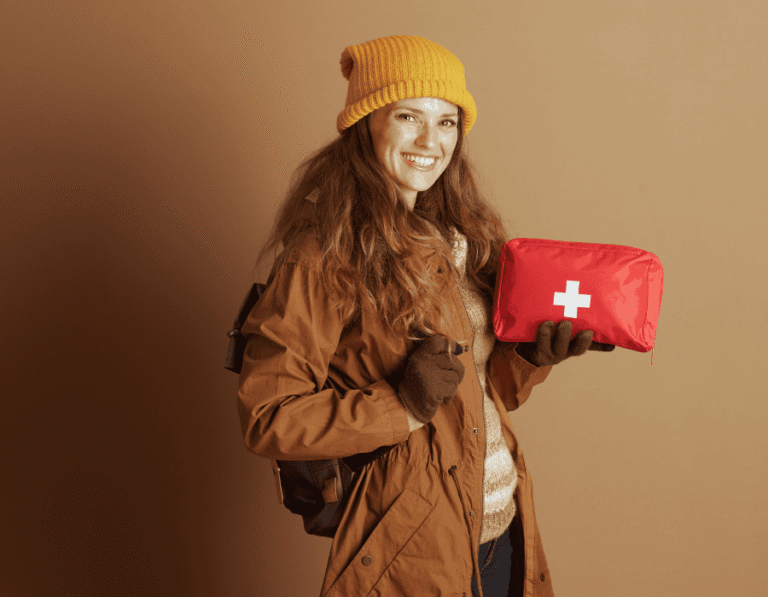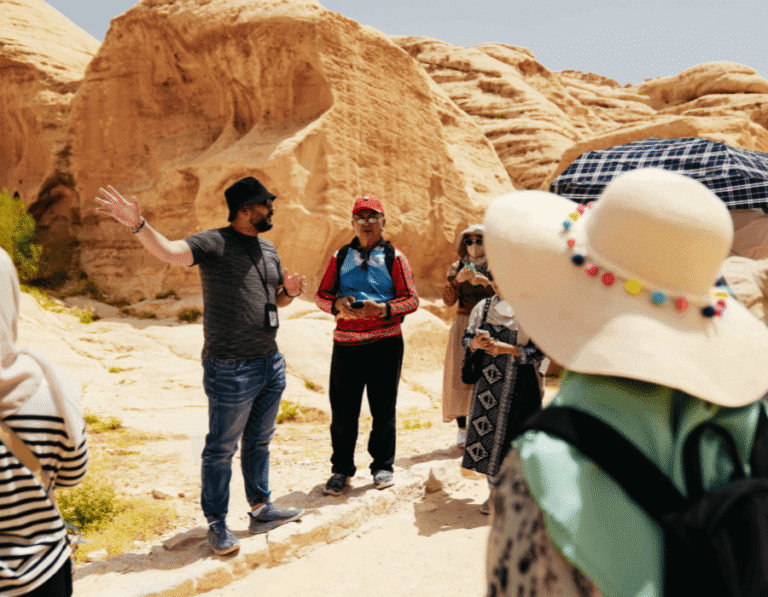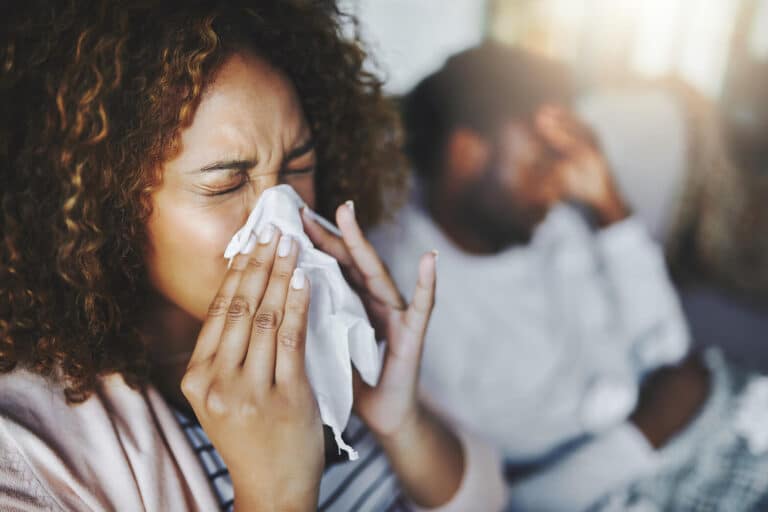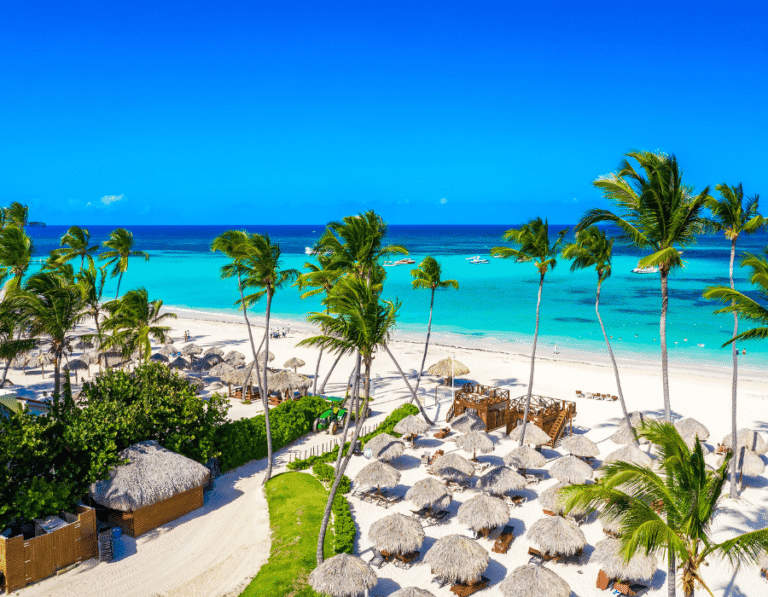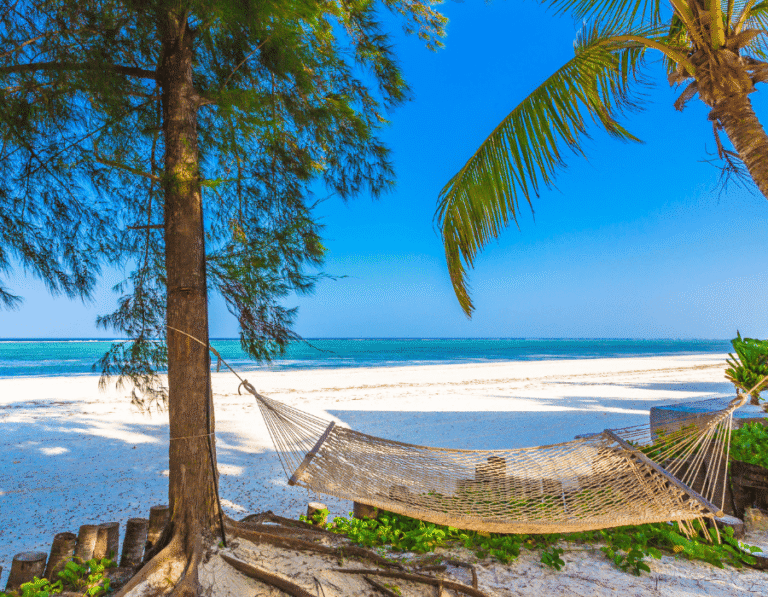Getting sick abroad can be stressful — especially when you’re far from home and unsure where to go for help. But don’t worry — if you find yourself sick in Cape Town, you’re in good hands. The city has world-class medical facilities, friendly doctors, and plenty of English-speaking clinics ready to assist travelers.
This guide walks you through everything you need to know: where to go, what to do, and how to get care fast — so you can get back to enjoying Table Mountain views and Cape Town’s ocean breeze.
Understanding Cape Town’s Healthcare System
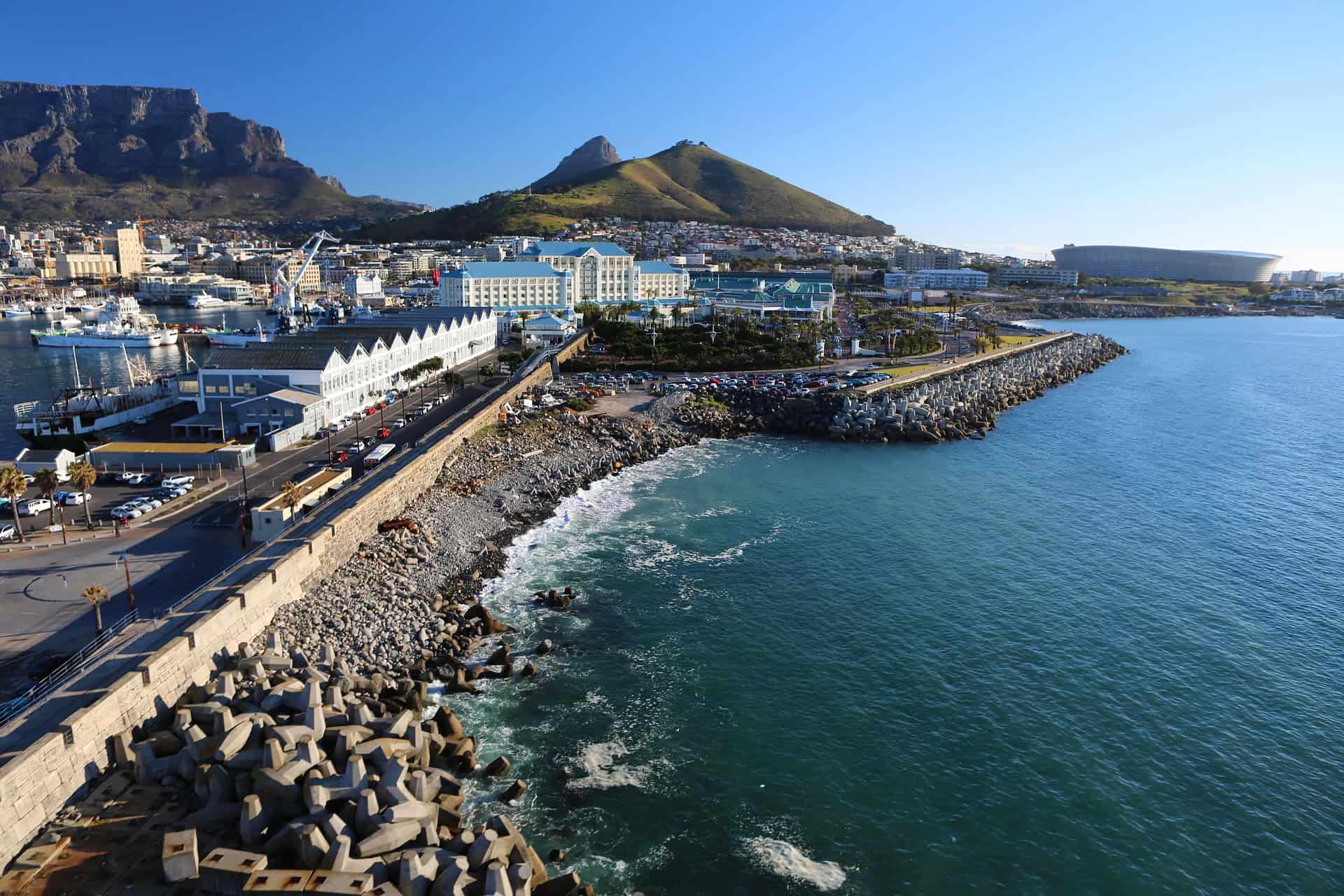
Cape Town’s healthcare system is a mix of public and private facilities.
Private vs. Public
- Public hospitals are affordable but can have long waiting times and limited comfort for tourists.
- Private clinics and hospitals offer faster service, modern facilities, and English-speaking doctors — ideal for visitors.
If you’re visiting Cape Town, private healthcare is the best option for convenience and peace of mind.
Emergency Medical Care
Let’s take a look at emergency medical care in Cape Town.
Essential Emergency Numbers
- 10177 – Ambulance and medical emergencies
- 10111 – Police
- 112 – From mobile phones (works even without airtime)
How to Call an Ambulance in Cape Town
If you’re dealing with a serious medical emergency, call 10177 or 112. You’ll be connected to the nearest dispatch center.
If you’re unsure, ask your hotel or Airbnb host to call for you — locals know how to handle these situations quickly.
When to Go to a Hospital vs. an Urgent Care Clinic
- Go to a hospital for serious issues like chest pain, broken bones, or severe dehydration.
- Visit a clinic for milder symptoms like flu, food poisoning, or minor injuries.
Pharmacies & Medication: What You Need to Know
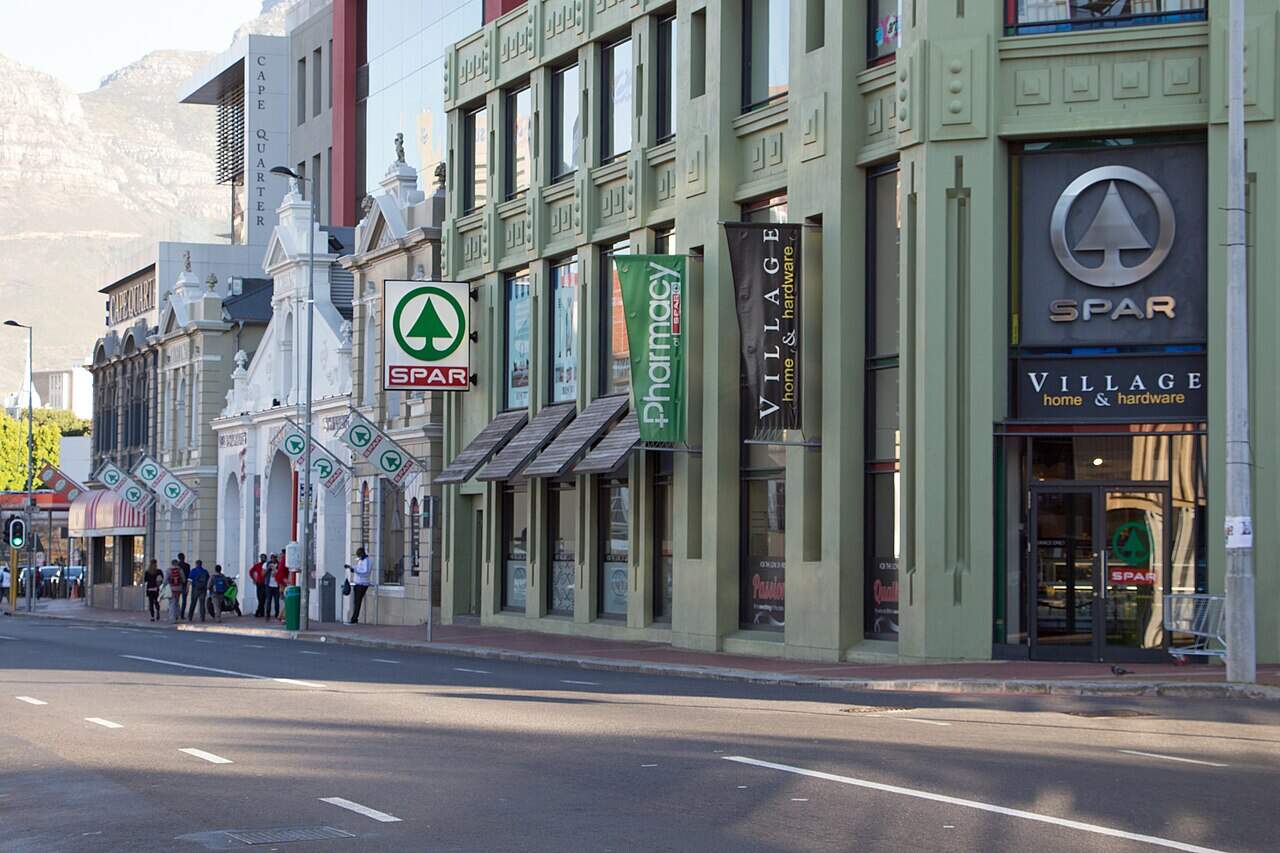
Pharmacies (often called “chemists” in South Africa) are easy to find in Cape Town, especially in malls and shopping districts.
- Opening hours: Most operate from 8 AM to 8 PM, but some branches — like Clicks and Dis-Chem — stay open late.
- 24-hour pharmacies: You can find one in major suburbs like Sea Point or the V&A Waterfront area.
- Over-the-counter medication: Available for colds, headaches, stomach bugs, and allergies.
- Doctor’s note: Required for stronger medication or antibiotics.
What to Do if You’ve Got Travel Insurance
Having travel insurance makes medical visits much simpler. Most private clinics in Cape Town accept international insurance and can help process your claim.
Documents You’ll Need to Submit a Claim
- Passport and travel insurance policy
- Doctor’s note or report
- Original receipts for treatment and medication
Always check your coverage before you travel — some insurers offer cashless services with Air Doctor’s partner network.
Language Barriers
Good news — you won’t have to worry about language barriers! English is widely spoken across South Africa, especially in Cape Town.
Still, here are a few local phrases that might make you smile:
- “Howzit?” – A casual greeting, like “How are you?”
- “I’m not feeling lekker.” – Local slang for “I’m not feeling well.”
How to Avoid Getting Sick in Cape Town
Here’s what you need to know to avoid getting sick in Cape Town.
Common Traveler Illnesses
- Stomach bugs from new foods or undercooked meat.
- Dehydration during hot summer days.
- Mild sunstroke or sunburn (Cape Town sun can be strong!).
Is the Tap Water Safe to Drink?
Yes, tap water in Cape Town is safe to drink, though it may taste different due to mineral content. If you’re sensitive, bottled water is widely available.
Food Safety & Hygiene Tips
- Stick to popular, well-reviewed restaurants and cafes.
- Avoid eating seafood or meat from unknown street vendors.
- Always wash your hands or use sanitizer before eating.
Healthcare Tips for Pregnant Travelers & Those with Pre-existing Conditions
Cape Town has top-quality specialists in obstetrics, pediatrics, and chronic disease management.
If you’re pregnant or have a medical condition, plan ahead:
- Bring your medical documents and any ongoing prescriptions.
- Keep contact details for your insurance provider handy.
- Choose a private clinic with specialist care available.
Finding an English-Speaking Doctor in Cape Town
Finding a reliable doctor while abroad can feel overwhelming — but it doesn’t have to be.
With Air Doctor, you can easily:
- Find trusted, English-speaking doctors near you.
- Choose in-person or virtual appointments.
- Get medical reports and receipts for insurance claims.
Getting Help Beyond Healthcare
If you need help replacing medication, contacting your insurer, or handling paperwork, your embassy or consulate can help.
They can:
- Recommend hospitals and English-speaking doctors.
- Assist in emergencies or legal issues.
- Contact family or your insurance company if needed.
Recap
If you get sick in Cape Town:
- Call 10177 or 112 for emergencies.
- Use private hospitals or clinics for faster service.
- Visit pharmacies for mild symptoms.
- Keep your insurance documents handy.
- Use Air Doctor to find English-speaking medical care near you.
About Air Doctor
With the Air Doctor app in your pocket, you can access medical care and receive expert medical guidance anywhere you travel.
Air Doctor offers a wide range of benefits, including:
- A global network of over 20,000 multi-lingual doctors and specialists
- Choice of clinic, at-home (hotel), and video consultations
- Healthcare access in 90 countries
- 24/7 multi-lingual support
- Transparent pricing and reviews
- Most common medical specialties, including GPs, orthopedists, and gynecologists
FAQs
Yes! Tap water in Cape Town is safe for brushing your teeth, cooking, and drinking — though bottled water is a good backup in rural areas.
Generally, yes — but choose vendors that are busy and have good hygiene. Avoid anything sitting in the sun for too long.
If you accidentally drink unsafe or contaminated water, you might experience stomach cramps, nausea, or diarrhea. Stay hydrated and see a doctor if symptoms persist.



